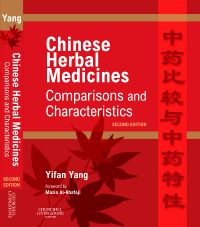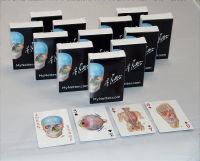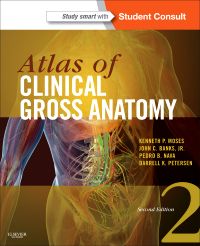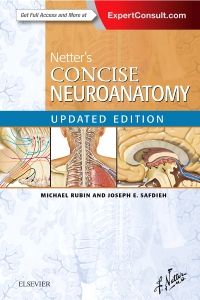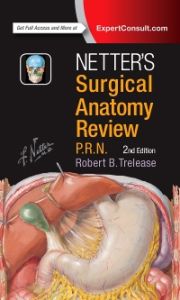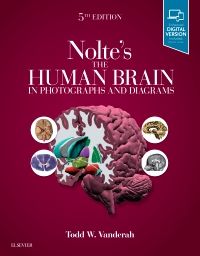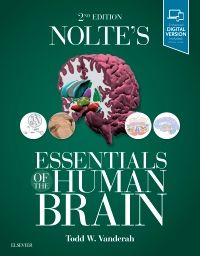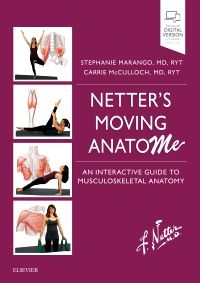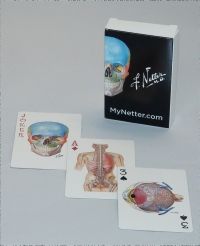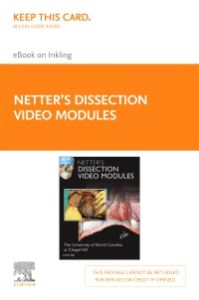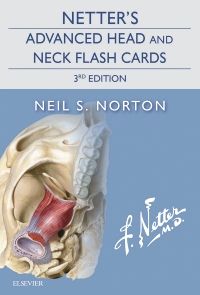Chinese Herbal Medicines: Comparisons and Characteristics, 2nd Edition
Students and practitioners of Chinese herbal medicine must learn hundreds of commonly used herbs as the first step in studying Chinese herbal medicine. Additionally, junior practitioners lack the clinical experience required to ensure that they can skilfully select the appropriate herbs to use in the formulas. This presents them with a major challenge.
Chinese Herbal Medicines: Comparisons and Characteristics presents a method of learning individual herbs through vivid and clear discussion of their characteristics and through a comparison with other herbs of their characteristics and strengths. This clear and logical approach makes it easy for the user to understand and memorize the functions of specific herbs. It also enables experienced practitioners to improve their therapeutic results through the use of better formulas.
Key features of the new edition
- Retains the same easy to follow format as the first edition
- Presents detailed comparisons and discussions of commonly used Chinese herbs
- Provides a series of thought-provoking questions with very detailed answers
- Structured to help the reader to learn and memorize the content more easily
- The easy-to-use question-andanswer format is convenient to apply in the consulting room
- Includes discussion of clinical applications to help with the practical use of the information in clinical setting
- Revised and updated with particular emphasis on the safe use of Chinese herbal medicines
- New appendices provide information on safe dosages, commonly used herbal combinations and the meanings of Chinese words used in herbal names
- Provides a sound foundation for the study and practice of Chinese herbal medicine.
Chinese Herbal Medicinse: Comparisons and Characteristics is already wellknown to students and practitioners of Chinese herbal medicine. This new, improved edition will continue to be of value to students and practitioners alike. It is now supported by a new companion volume by the same author entitled Chinese Herbal Formulas: Treatment Principles and Composition Strategies. Together these two books provide a sound foundation for the study and practice of Chinese herbal medicine.
Students and practitioners of Chinese herbal medicine must learn hundreds of commonly used herbs as the first step in studying Chinese herbal medicine. Additionally, junior practitioners lack the clinical experience required to ensure that they can skilfully select the appropriate herbs to use in the formulas. This presents them with a major challenge.
Chinese Herbal Medicines: Comparisons and Characteristics presents a method of learning individual herbs through vivid and clear discussion of their characteristics and through a comparison with other herbs of their characteristics and strengths. This clear and logical approach makes it easy for the user to understand and memorize the functions of specific herbs. It also enables experienced practitioners to improve their therapeutic results through the use of better formulas.
Key features of the new edition
- Retains the same easy to follow format as the first edition
- Presents detailed comparisons and discussions of commonly used Chinese herbs
- Provides a series of thought-provoking questions with very detailed answers
- Structured to help the reader to learn and memorize the content more easily
- The easy-to-use question-andanswer format is convenient to apply in the consulting room
- Includes discussion of clinical applications to help with the practical use of the information in clinical setting
- Revised and updated with particular emphasis on the safe use of Chinese herbal medicines
- New appendices provide information on safe dosages, commonly used herbal combinations and the meanings of Chinese words used in herbal names
- Provides a sound foundation for the study and practice of Chinese herbal medicine.
Chinese Herbal Medicinse: Comparisons and Characteristics is already wellknown to students and practitioners of Chinese herbal medicine. This new, improved edition will continue to be of value to students and practitioners alike. It is now supported by a new companion volume by the same author entitled Chinese Herbal Formulas: Treatment Principles and Composition Strategies. Together these two books provide a sound foundation for the study and practice of Chinese herbal medicine.
New to this edition
- Retains the same easy to follow format as the first edition
- Presents detailed comparisons and discussions of commonly used Chinese herbs
- Provides a series of thought-provoking questions with very detailed answers
- Structured to help the reader to learn and memorize the content more easily
- The easy-to-use question-andanswer format is convenient to apply in the consulting room
- Includes discussion of clinical applications to help with the practical use of the information in clinical setting
- Revised and updated with particular emphasis on the safe use of Chinese herbal medicines
- New appendices provide information on safe dosages, commonly used herbal
combinations and the meanings of Chinese words used in herbal names
- Provides a sound foundation for the study and practice of Chinese herbal medicine.
Key Features
Author Information


